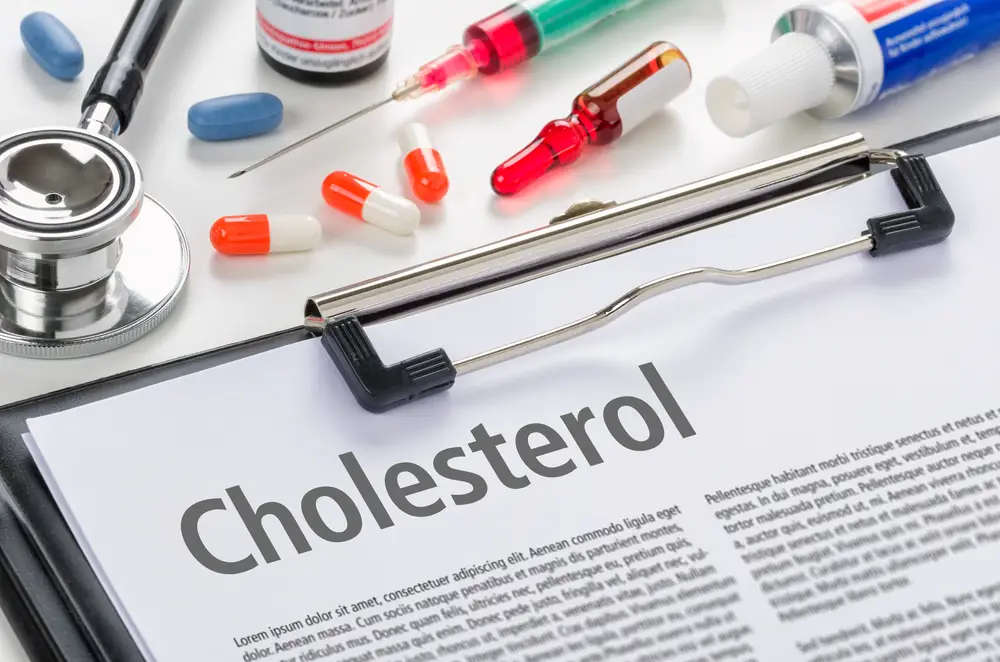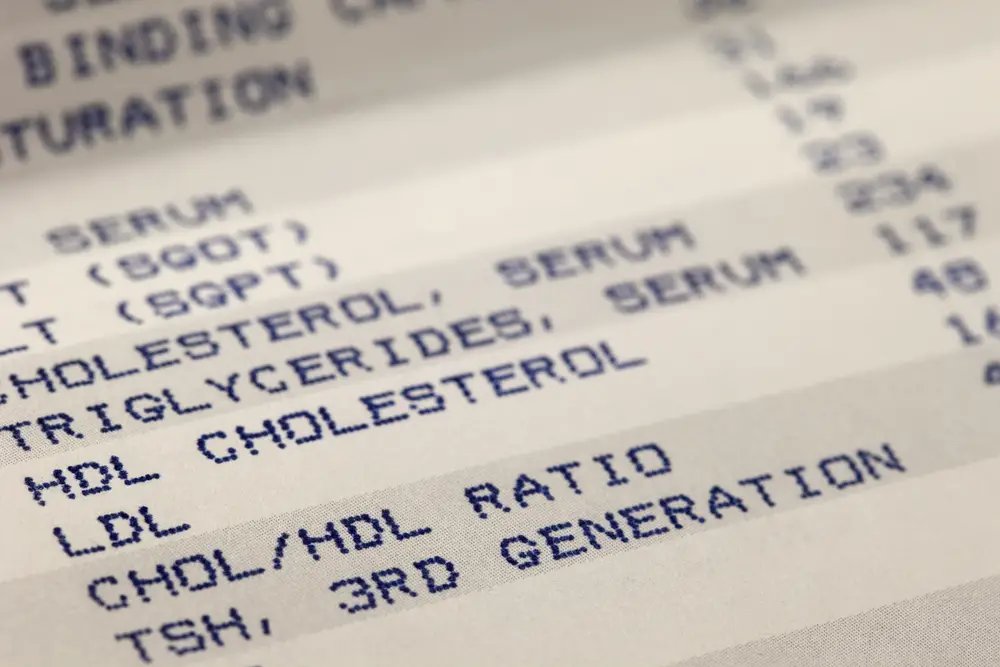It seems intriguing, but can you presume alcohol has a favorable and adverse effect on your cholesterol and heart health? Yeah, it’s true because the outcomes of drinking alcohol can vary widely depending on how much you drink.
Occasional or moderate alcohol use may boost HDL cholesterol, which is healthy for heart health. Still, on the flip side, your chronic alcohol consumption increases LDL cholesterol, triglycerides, and a higher risk of heart disease and death. But if you already have cardiovascular issues, according to research reports, not a small quantity of alcohol is a safe sign for you.
How it happens, and what are the other impacts of alcohol on cholesterol? Read on to uncover fact-based insights into this significant matter.
Table of Contents
ToggleHere’s How Alcohol Affects Your Cholesterol In Different Ways
Alcohol’s Positive Effect On HDL Cholesterol
Scientific researches demonstrate the link of alcohol to HDL (High-Density Lipoprotein) or good cholesterol levels. The ability of alcohol to increase HDL cholesterol is widely regarded as alcohol’s primary health advantage. So, if you drink moderately, you may have a higher life expectancy and a healthy life with a lower risk of cardiovascular disease. In addition, blood clot risk and inflammatory signs also decrease with moderate alcohol use.
Alcohol Adverse Effects On LDL Cholesterol
It’s a tested fact that excessive alcohol use is dangerous for your overall health. Alcohol abuse can cause an increased risk of heart disease, high blood pressure, increased obesity, and high triglyceride levels in the blood.
Binge or heavy drinking cause cardiovascular diseases, and obviously, when the heart becomes too weak from chronic alcohol usage, it results in congestive heart failure. That’s why excessive alcohol use is consistently associated with boosted LDL cholesterol and triglyceride levels.
Alcohol Effects On Cholesterol Medications
Can alcohol have any effect on cholesterol drugs? No doubt a valid question if you are on heart or cholesterol treatment. In fact, there are no noticeable side effects while taking statins with alcohol. Common statins like atorvastatin have warnings on their package inserts from the FDA against their usage by substantial drinkers of alcohol. People with liver damage from excessive alcohol consumption may have raised statin levels.
Factors Involving Cholesterol Levels Other Than Alcohol
Your body systems need zero cholesterol in all your food consumption. In fact, your body can produce all the cholesterol you require. So there are many factors other than alcohol that simulate bodily cholesterol levels or may boost it combined with a small quantity of alcohol. Cholesterol is present in meat, poultry, fish, and dairy products naturally.
Saturated fat is the single most important dietary element influencing cholesterol levels. Eating saturated fat irresponsibly can also increase levels of low-density lipoprotein or LDL cholesterol. It is an obvious fact that tobacco use raises cholesterol levels and triglycerides too.
The polyphenol chemicals which are found in red wine have the potential to reduce LDL cholesterol levels. Consuming red wine in moderation may help maintain healthy cholesterol levels. However, the same polyphenols found in red wine are found in healthy fresh fruits like grapes.
So, there’s no need to start drinking for this reason. Excessive alcohol use may have the reverse impact, increasing both total cholesterol and triglycerides.
How To Understand Good, Harmful, Or High Cholesterol Levels Before Drinking

Do you know why healthy cholesterol levels are essential for your health? Obviously,
Cholesterol is present in your body’s cells and is essential for hormone and vitamin D production. Cholesterol is produced mainly in two ways. One is natural through the liver, and the other is through the process of ingested food.
To understand it better, good cholesterol is high-density lipoprotein (HDL), which transports cholesterol from the blood to the liver. It’s the place where it’s broken down and eliminated. In contrast, the other type of alcohol has high levels of low-density lipoprotein or LDL, which is associated with cholesterol buildup in the arteries, leading to narrow arteries.
That’s why LDL cholesterol is considered an unhealthy type of cholesterol. Total cholesterol measures the sum of good and bad cholesterol in the blood.
Triglycerides are like other blood fats and are used as an energy source between meals and are stored in cells. Blood tests might reveal your cholesterol and triglyceride levels. This can be accomplished with the help of laboratory tests, as well as at-home diagnostic kits. Blood cholesterol higher than 200 mg/dL is harmful to your health. So, keep a regular check on it.
How Much Alcohol Is Safe For Cholesterol?
As you know that excessive alcohol use is dangerous to your cholesterol levels and heart health, it’s crucial to follow the instructions for safe alcohol consumption. The federal Dietary Guidelines for Americans for 2020-2025 endorsed their guidelines about alcohol use in point no. 4. According to it, adults of legal drinking age can consume a moderate quantity of alcohol, that is, two drinks per day for males and one drink per day for women.
In its place, think of it as a limit on the number of drinks you can have on any routine day. It’s critical to understand that not all alcoholic beverages fall under a drink. A standard alcoholic beverage comprises a 12-ounce beer bottle with 5% alcohol content. For instance, five ounces of wine, or about 12% alcohol by volume, is a standard drink, while 1.5 ounces of a 40% alcohol distilled spirit can be a standard serving quantity.
Conclusion
If you like to drink often or regularly and have heart or high cholesterol level issues, remember to keep it in check. It’s adequate to limit yourself to one drink per day for women and no more than two drinks per day for men. If you have high cholesterol, your healthcare practitioner may provide specific advice regarding your specific needs.
A healthy body is crucial to lessen the adverse effects of alcohol because the liver processes alcohol and rebuilds it as lipids like cholesterol and triglycerides. Drinking causes a rise in both cholesterol and triglyceride levels. So ensure your cholesterol types, HDL and LDL, are adequately kept at risk-free levels for the best health and enjoyable & energetic life.

I am a passionate beer connoisseur with a deep appreciation for the art and science of brewing. With years of experience tasting and evaluating various beers, I love to share my opinions and insights with others and I am always eager to engage in lively discussions about my favorite beverage.
















